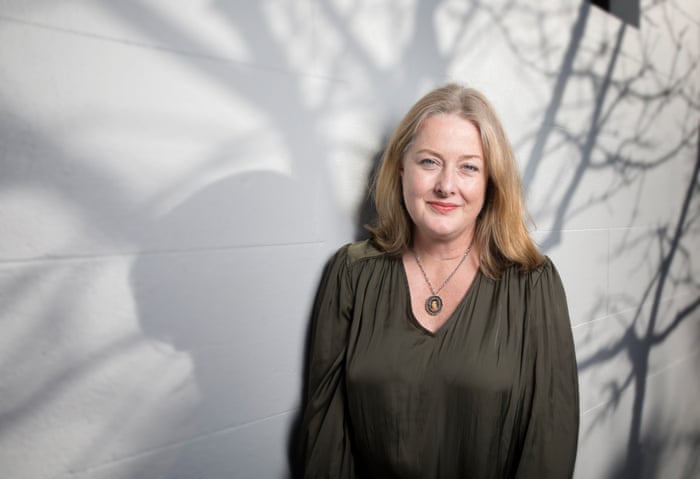If someone close to you has recently died, you may be wondering what the difference is between a Catholic funeral and a non-Catholic burial service. In this article we discuss the differences, what they are and how they may impact your family or loved one.
A Catholic funeral is a ceremony that marks the end of life. The Catholic Church believes in the after-life, and that when someone dies, they go to an eternal place called heaven. A Catholic funeral is a way to show your respect for the deceased and to celebrate their life. If you are looking for the best catholic funeral services you can also visit this site .

There are many different things you can include in a Catholic funeral ceremony. Catholic funerals are usually very solemn affairs, and it is important that your choice of funeral reflects this.
You should also consider what you want your loved ones to feel during the funeral ceremony. If you want them to feel sadness and mourning, a traditional Catholic funeral might be the best option for you. If you want them to feel joy and happiness, a more upbeat funeral might be better.
Catholic funerals come in a variety of types, depending on the preferences and beliefs of the individual. Here are a few to consider:
Traditional Catholic Funeral: A traditional Catholic funeral is typically a solemn service with prayers and readings from the Bible. The body is usually buried in a religious cemetery.
Venerable Funeral: A venerable funeral is a celebration of life that marks the passing of an elderly person, often with music, flowers, and a reception afterwards. It may be less formal than a traditional funeral, and the body may be cremated or buried instead of buried in a religious cemetery.
Funeral Service With Burial: A funeral service with burial is similar to a venerable funeral, but it includes traditional Christian prayers and readings from the Bible before the burial.

